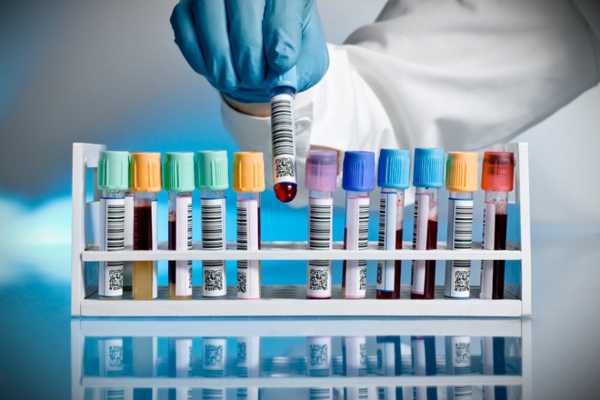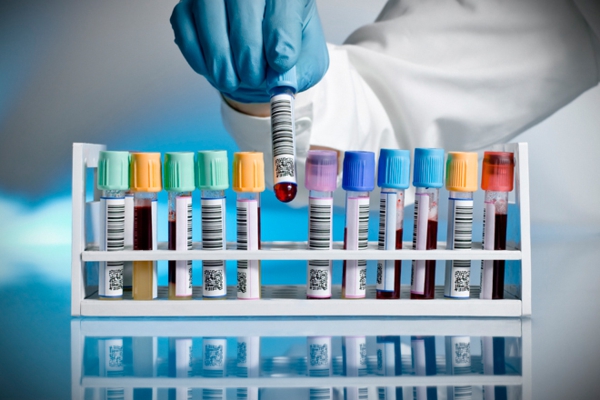General
Teen Drug Testing: What You Need To Know

No one wants to learn his or her teen is using drugs. But knowledge is power, and teen drug testing could give you the power to make important decisions about your child’s future and well-being.
Teen drug testing is more popular than ever these days, though some approaches are more advisable than others. Above all, if you think your teen has an addiction or a problem with drugs or alcohol, seek out professional help.

Parents, educators and the justice system all use teen drug testing as a way to get addicted teens sober and keep others from using. It often isn’t successful – nothing short of professional treatment can keep some teens away from alcohol and drugs – but it gives parents an important starting point.
Different Types of Teen Drug Testing
Teen drug testing can come in different forms. Urine screening is probably the most common. These tests screen for recent use of drugs, alcohol or nicotine. Different drugs interact with the body differently, so traces of some drugs (marijuana, for example) can be detected in urine days or even weeks after use, while others (LSD, for instance) are flushed out of the system quickly and leave no trace evidence in urine.
To detect drug use over longer periods of time, teen drug testing uses strands of human hair. Traces of many drugs, including the most popular illicit drugs, are detectable in human hair for as long as three months after use. Hair testing can in some cases pick up even brief use during the three-month period.
Blood, sweat and saliva are alternative teen drug testing methods. Blood, which can show current intoxication and recent use, is expensive and not easily administered, so it’s rarely used. Sweat can be used to detect long-term use of some drugs, while saliva covers a shorter period.
Home Testing: Is It the Answer?
Urine testing can now be done using home kits, though the other tests are still handled by professionals. But home testing kits, which can be bought in most pharmacies and many retail stores, aren’t a good way of dealing with teen drug testing. In fact, they may give you false security and make the situation worse.
Home kits typically screen for only a short list of the most commonly abused substances, including alcohol, nicotine, marijuana and other drugs. There are many substances they won’t catch (including some that not even professional tests can screen for). A teen who fears that home teen drug testing will catch him using marijuana may switch to inhalants, which don’t show up on tests but are far more dangerous. Parents are rarely equipped to ferret out the truth in these situations.
Plus, cheating on teen drug testing is much easier when it’s done at home. Laboratories have rigorous standards that make it much harder for test takers to adulterate their urine, smuggle in replacement urine, or successfully flush their systems, all methods easily researched online.
The Professionals Can Help
When it comes to teen drug testing, it’s usually best to turn to the professionals. They can catch cheating, they can catch suspicious behavior indicative of other drug use, and, perhaps most helpful, they can give you directions once you know your teen has been using.
Whatever you do, don’t try to do it alone. If you’re worried enough about your child’s behavior to resort to teen drug testing, you should involve a professional at some level, ideally a behavioral or mental health worker. This person can help shepherd your teen through the health system should treatment or counseling be necessary.
Carter enjoys covering a lot of topics when he writes. On topic he covers a lot is the topic of drug testing including alcohol tests.
-

 Tech11 years ago
Tech11 years agoCreating An e-Commerce Website
-

 Tech11 years ago
Tech11 years agoDesign Template Guidelines For Mobile Apps
-

 Business6 years ago
Business6 years agoWhat Is AdsSupply? A Comprehensive Review
-

 Business10 years ago
Business10 years agoThe Key Types Of Brochure Printing Services
-

 Tech8 years ago
Tech8 years agoWhen To Send Your Bulk Messages?
-

 Tech5 years ago
Tech5 years ago5 Link Building Strategies You Can Apply For Local SEO
-

 Law5 years ago
Law5 years agoHow Can A Divorce Lawyer Help You Get Through Divorce?
-

 Home Improvement6 years ago
Home Improvement6 years agoHоw tо Kеер Antѕ Out оf Yоur Kitсhеn































